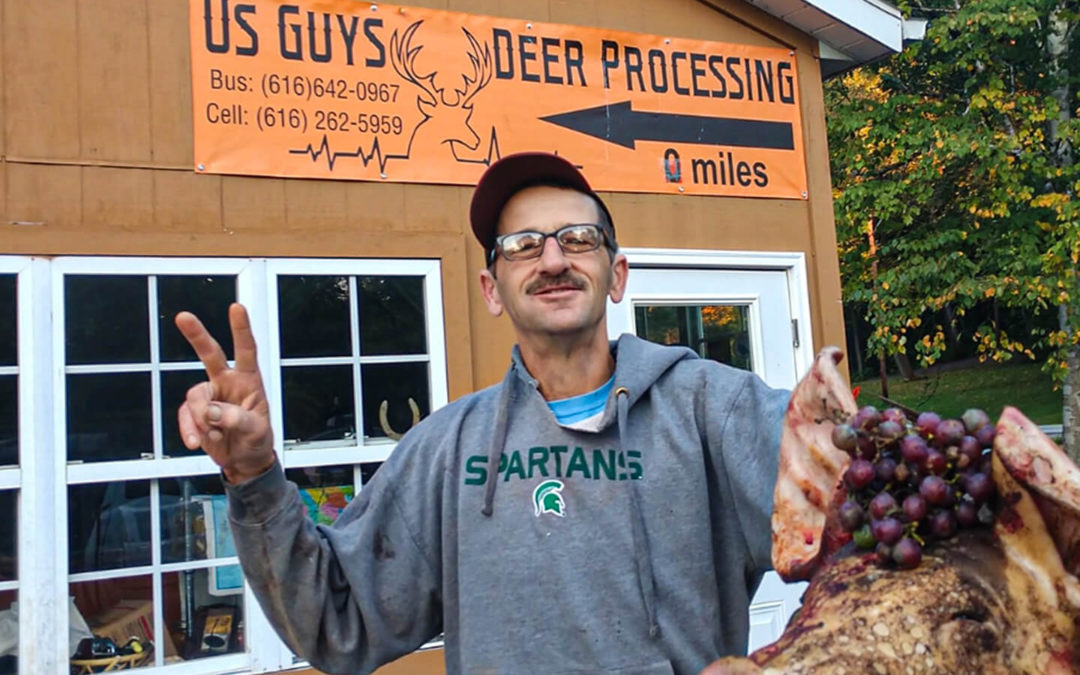
by Eric Price | Aug 10, 2023 | Front Page, Other News, Perusals, Recent News, Row 2, Safety, Safety
Owner of US Guys Processing, Darin Wilbur. Wilbur was found guilty in a criminal case of child endangerment at his business which resulted in a teenager losing his right hand in a meat grinder. He was fined $500 plus costs for the violations. $500 Fine for Employer...
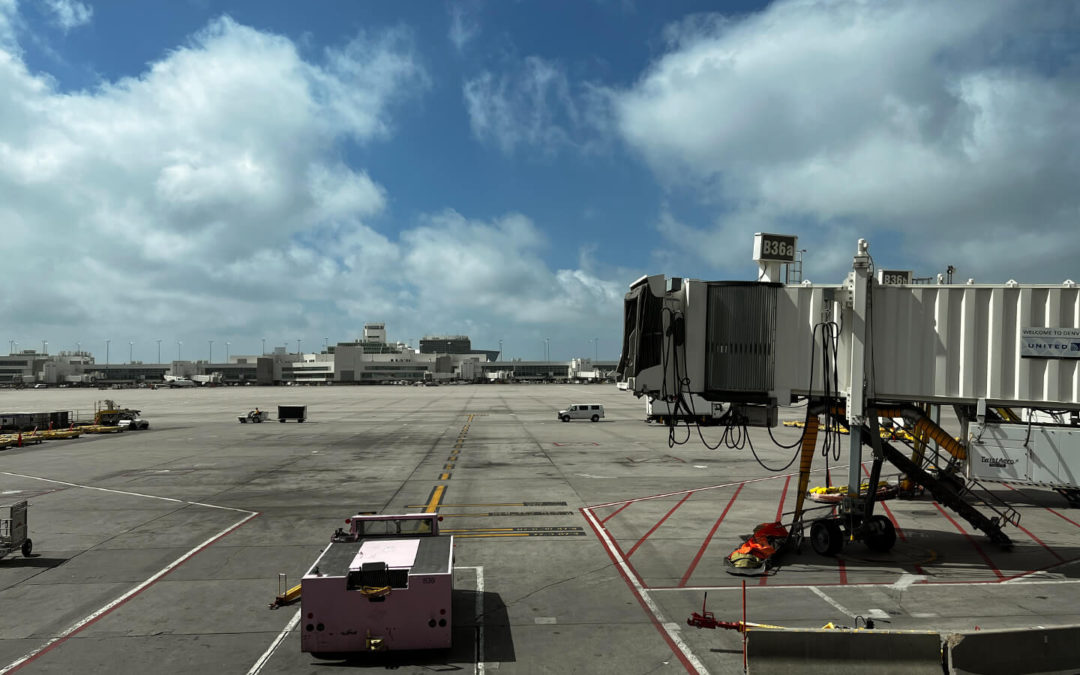
by Eric Price | Aug 8, 2023 | Front Page, MNPL, Other News, Perusals, Recent News, Row 2
Summer Storms and Short-Staffing Cause Massive Travel Disruptions IAM141.org August 8, 2023 On Monday, storms impacting the East Coast, stretching from Tennessee to New York, led to nearly 9,000 flights being delayed and an additional 1,768 cancellations across the...
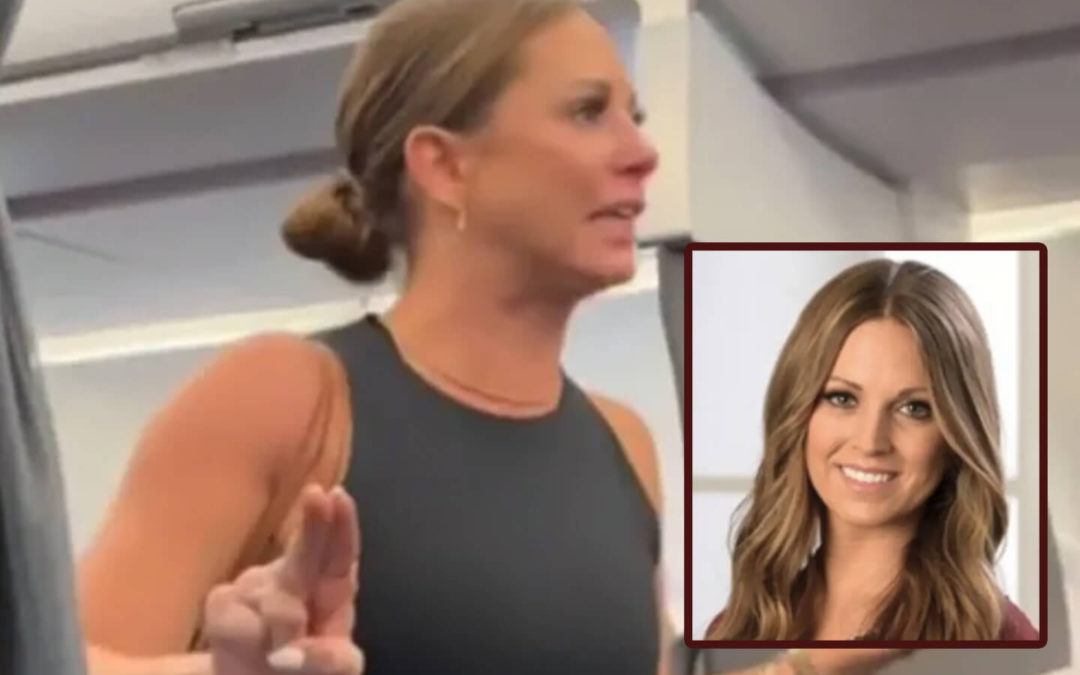
by Eric Price | Aug 8, 2023 | American, EAP, Featured, Front Page, Perusals, Recent News, Row 2
“The Full Story Behind the Viral ‘That MF’s Not Real’ Airplane Incident” IAM141.org August 8, 2023 By now, everyone in the airline industry knows about the “That MF’s Not Real” Incident that happened on a 2 July American...
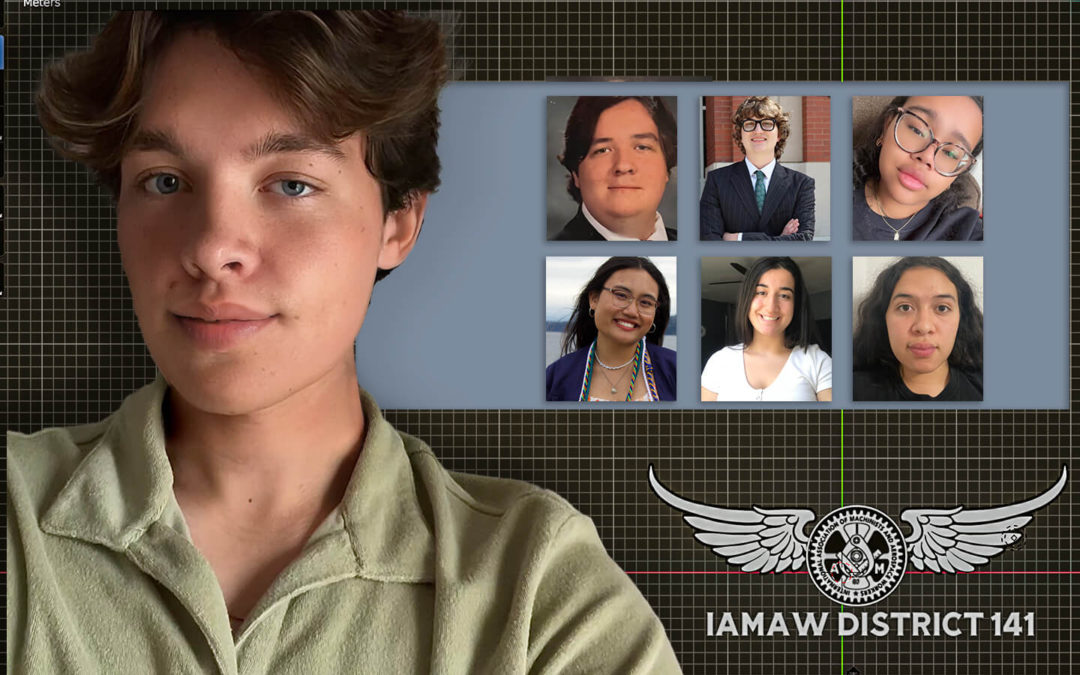
by Eric Price | Aug 1, 2023 | Education, Front Page, Other News, Perusals, Recent News, Row 2
Meet the Adolph Stutz Memorial Scholarship Winners of 2023 IAM141.org August 1, 2023 The District Lodge 141 Scholarship Committee, in partnership with Bleiweiss Communications Inc., is proud to announce the 2023 Adolph Stutz Memorial Scholarship Competition winners. ...
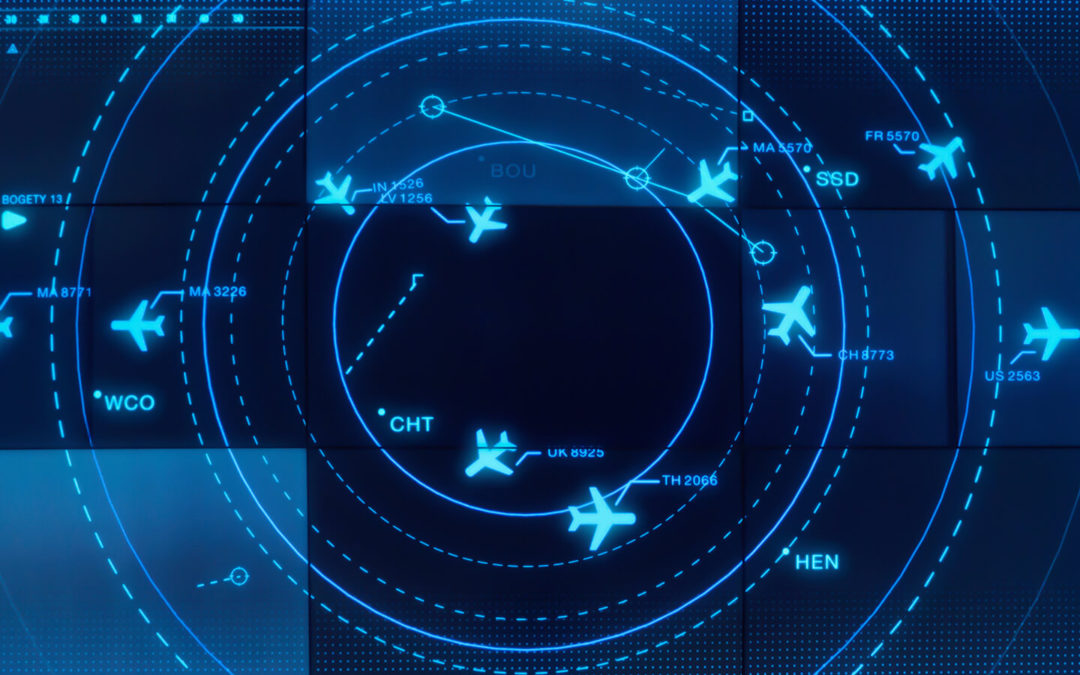
by Eric Price | Jul 31, 2023 | Front Page, MNPL, Other News, Perusals, Recent News, Row 2
FAA Reauthorization Act Receives Broad Support in House IAM141.org July 31, 2023 The IAM applauded the passage of the Federal Aviation Administration (FAA) Reauthorization Act of 2023 in the House of Representatives. This month, the House of Representatives approved...

by Eric Price | Apr 20, 2023 | Front Page, MNPL, Other News, Perusals
Study: More Workers Demand Employers Pay at Least $76k to Start New Job IAM141.org April 20, 2023 The Federal Reserve Bank of New York has released the results of a survey that analyzed the experiences of individuals during their job search. The survey had a sample...







